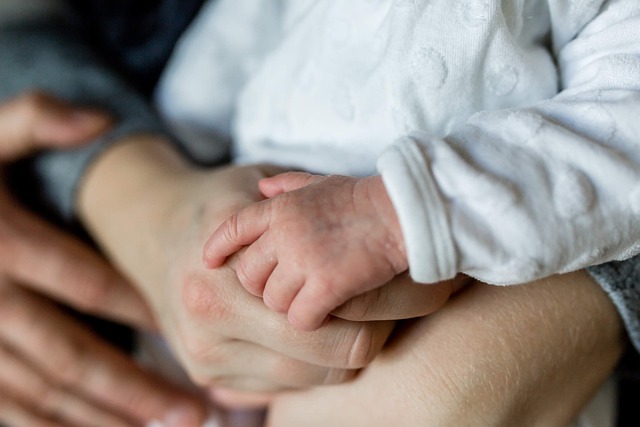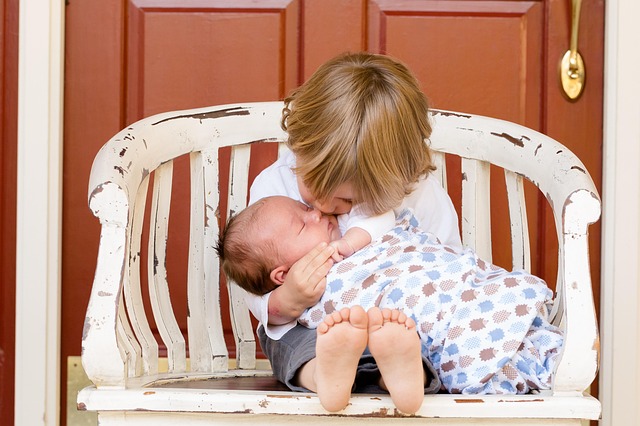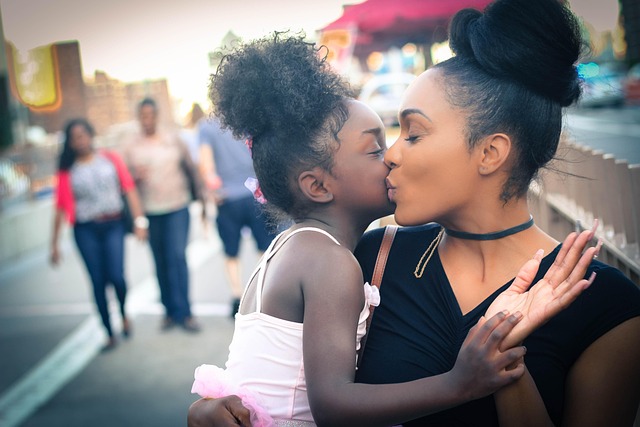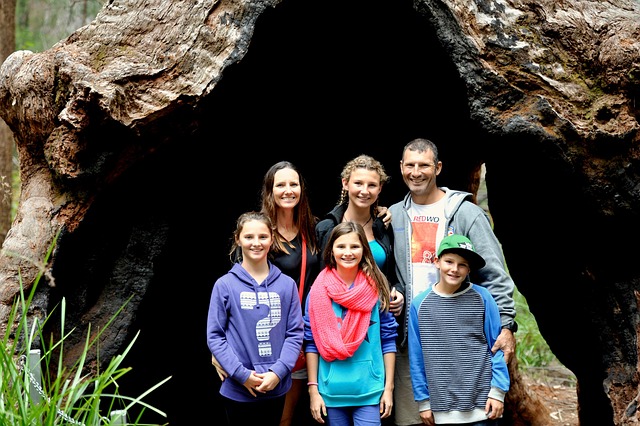Marion County's Child Welfare Legal Services and Child Advocacy programs offer crucial support in DHS child welfare cases, focusing on both legal representation and holistic care. By combining expertise in Oregon family law with a collaborative approach, they protect parental rights while ensuring fair outcomes for families, emphasizing the best interests of children throughout complex proceedings.
“In Marion County, understanding child welfare legal services is paramount for safeguarding the rights of parents and well-being of children. This article delves into the intricate web of services offered, focusing on parental rights protection within DHS child welfare cases. It highlights the pivotal role of Marion County Child Advocacy in supporting vulnerable youth and families through Oregon family law. By exploring these aspects, we aim to shed light on the critical legal support system in place for those involved in child protective services.”
- Understanding Child Welfare Legal Services in Marion County
- Parental Rights Protection and DHS Child Welfare Cases
- Marion County Child Advocacy: Supporting Vulnerable Children and Families Through Oregon Family Law
Understanding Child Welfare Legal Services in Marion County

Child Welfare Legal Services in Marion County play a crucial role in protecting and advocating for the rights of children and families within the community. This comprehensive support system is designed to navigate complex legal aspects of DHS child welfare cases, ensuring fair representation and outcomes for all parties involved. The services extend beyond mere legal aid, encompassing education, guidance, and representation throughout Oregon family law proceedings.
Marion County child advocacy centers are pivotal in fostering a collaborative environment between legal professionals, social workers, and community organizations. These efforts aim to provide holistic support, addressing not only the legal needs of families but also their emotional well-being during challenging times. Understanding the intricate interplay between parental rights protection and child protective services law is essential for effective navigation of these sensitive cases.
Parental Rights Protection and DHS Child Welfare Cases

In Marion County, parental rights protection is a cornerstone of the DHS child welfare cases managed through the county’s dedicated child advocacy programs. These initiatives ensure that parents are well-informed about their legal rights and responsibilities throughout the child protective services law process. Access to competent legal counsel plays a pivotal role in safeguarding these rights, making it easier for families to navigate the complexities of Oregon family law.
The Marion County child welfare legal support system facilitates communication between parents, attorneys, and case workers, ensuring that everyone involved understands their roles and obligations. This collaborative approach fosters fairness and justice in every case, ultimately strengthening the bond between families and promoting positive outcomes for both parents and children.
Marion County Child Advocacy: Supporting Vulnerable Children and Families Through Oregon Family Law

Marion County stands as a beacon of hope and support for vulnerable children and families navigating complex legal landscapes. At the forefront of this effort is Marion County Child Advocacy, a dedicated unit within the local community that provides comprehensive services aimed at safeguarding minors and strengthening family bonds. Their expertise lies in Oregon Family Law, specifically focusing on child welfare legal services and parental rights protection.
Through collaborative efforts with Oregon’s Department of Human Services (DHS) child welfare cases, Marion County Child Advocacy ensures a holistic approach to justice. They offer invaluable assistance to families involved in DHS proceedings, guiding them through the intricate web of laws and regulations that govern child protective services. By prioritizing the best interests of the child, these advocates foster a safe and nurturing environment while preserving the parental rights of responsible guardians.






